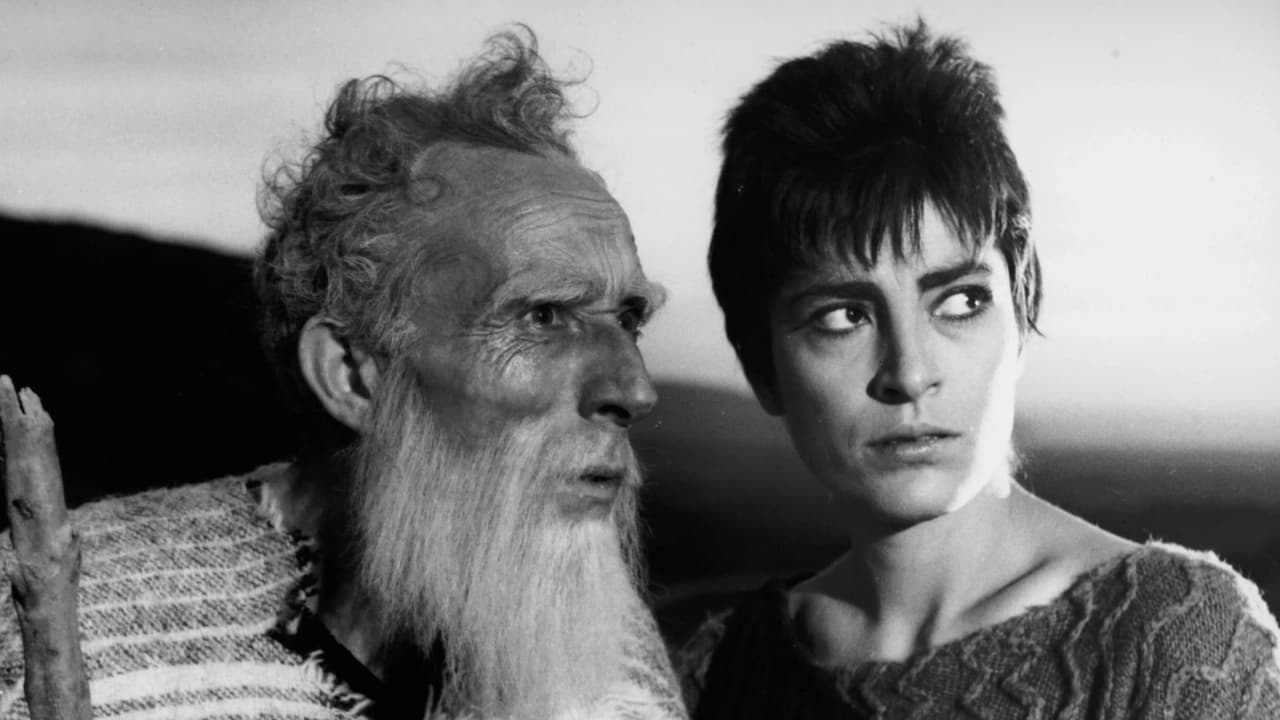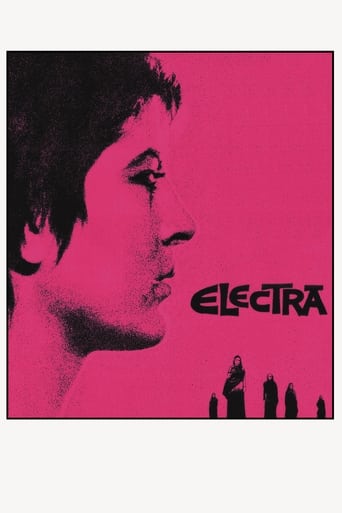



Don't listen to the negative reviews
This is an astonishing documentary that will wring your heart while it bends your mind
View MoreAmazing worth wacthing. So good. Biased but well made with many good points.
View MoreIf you're interested in the topic at hand, you should just watch it and judge yourself because the reviews have gone very biased by people that didn't even watch it and just hate (or love) the creator. I liked it, it was well written, narrated, and directed and it was about a topic that interests me.
View MoreEuripides pared to the essentials. Not one word, not one gesture is wasted. Nor is there ever an iota more than necessary.A stark, spare study of despair in a sun blasted landscape that seems to watch over the pathetic efforts of humans with equal measures of timeless indifference and utter contempt. The characters in the story, the actors on the screen, and we in audience know what will happen next; but we are all powerless to prevent it. It is so intense that it makes Shakespeare's 'King Lear' seem almost frivolous.It takes five minutes for the first two words to be spoken. 'Strike him!' Everything flows from that line. Another ten minutes of near silence passes before Electra appears. Her back to the camera, she turns to look over her shoulder - electricity is discharged. The audience gasps. Nothing is said but the implacable will is communicated. Nothing good is going to happen next.It is almost a silent movie. They certainly have faces, to quote Gloria Graham from 'Sunset Boulevard.' By looks, by camera angles, by gestures, by the tensing of shoulders, the widening of eyes, make-up, fine photography, tight cutting, and very few words the tragedy unfolds.It is always about Electra, to be sure, and Irene Pappas is a force of nature on the screen. She says little but each move, gesture, look, and word is supercharged.Recommended for adults.
View MorePossible spoilers if you haven't seen Iphigenia I recently watched the opera Elektra with Birgit Nilsson and nibbling back of my mind was didn't Agamemnon sacrifice his daughter? If so, why would Orestes and Elektra be so hell bent on killing their father when he murdered their sibling? If you had seen Iphigenia, then you would have seen that she was hell bent on revenging her daughter's death. Maybe Orestes and Elektra forgot about their sister, loved their Dad so much they could forgive him for his deed or maybe they were just glad their sister was gone. time to reread the plays.However, I loved the movies and Irene Papas is a real force of nature.
View MoreFrom the first moment I saw the movie I rejoiced every bit of it : the crisp splendid black-and-white photography introducing an overwhelmingly barren landscape interacting with the drama we all know to come, the haunting "ancestral" score by Theodorakis, the impact of all sounds, the use of the choir with its laments and warnings and commentaries on everything and everybody, the tensions between good and evil mixed with love and hate, the unavoidable fate of the protagonists who cannot escape destiny as prescribed by bloodline and gods.Besides being moved by too many unforgettable scenes enforced by splendid suggestive cutting (the actual murders, Electra's cutting her hair for the revenge to come, the confrontations between mother and daughter or brother and sister expressing their antagonistic emotions), the ultimate brilliance this masterpiece is Irene Papas outcry of grief and distress, the camera turning on itself as taking literally heaven and earth as her witness. Appealing as strong to me as E. Munch's cry or Picasso's Guernica, I visited Mycene much later and still felt the movie's impact discovering this cursed place through Cacoyannis' lens.
View MoreAn extraordinary film from a visual and dramatic standpoint, _Elektra_ unfortunately too often plays like a _Cliff's Notes_ version of Euripedes' work (although, in all fairness, I must note that the film is only "based on" the classical play). The essential structure is there: Agamemnon's murder, the banishment of Orestes, Elektra's marriage, the reuniting of the grown children, the double murder. But by clipping away much of the Euripedean dialogue, much depth of characterization is lost. The principles become one-dimensional, with only hints of the complexity which makes the story so overwhelming. However, the stark cinematography and fine acting make this film eminently watchable, particularly at the climatic matricide sequence.
View More